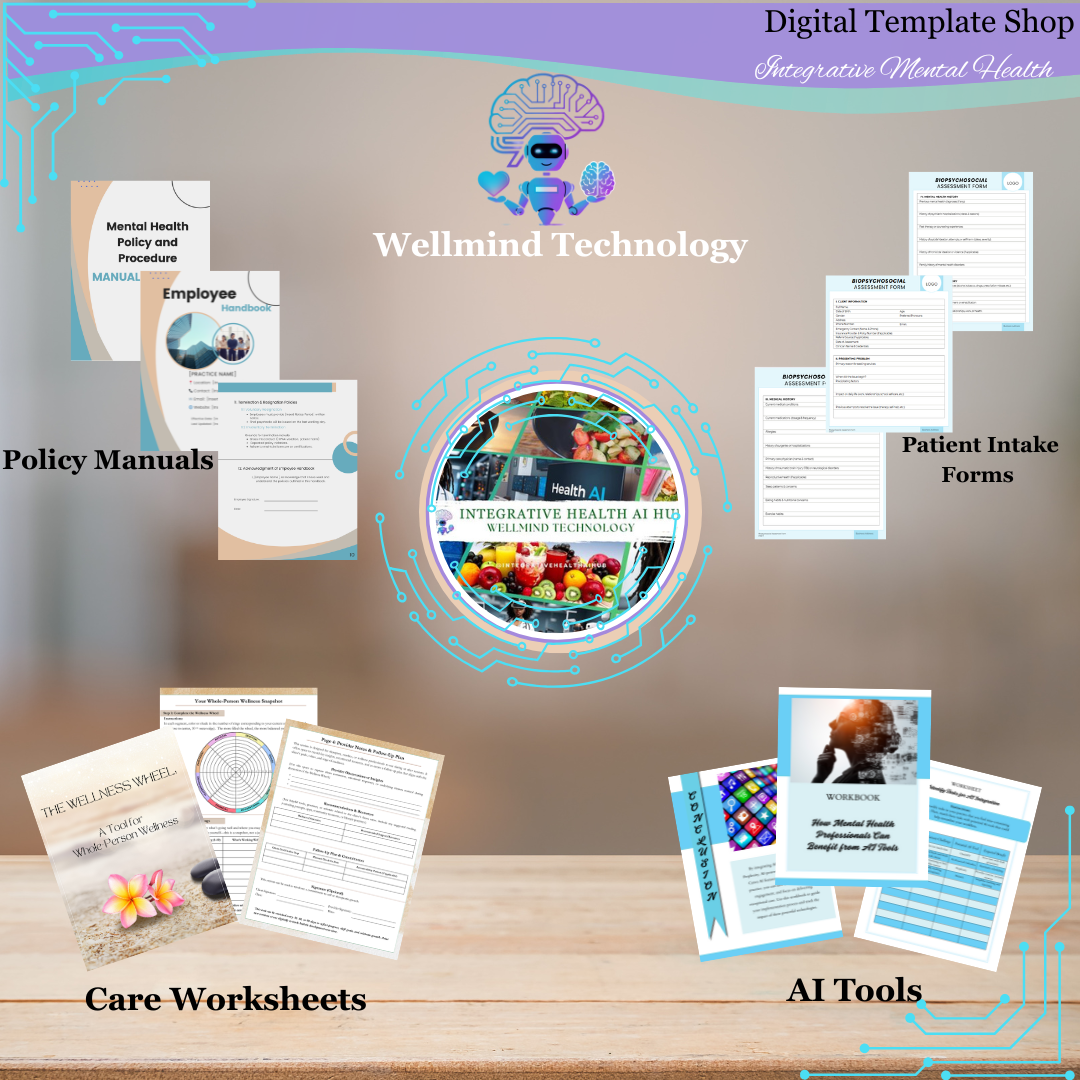Imagine waking up feeling sharp and emotionally balanced every day. For many, this seems like a dream. Balancing blood sugar is the key. It’s not just for diabetics; it’s for anyone wanting to feel mentally clear and emotionally stable.
In today’s world, keeping blood sugar steady is harder than ever. With processed foods and sugary drinks everywhere, it’s a big challenge. Yet, it’s more important than ever.
Keeping your blood sugar balanced improves your mood and brain function, and research shows that controlling blood sugar can greatly affect your mind and emotions. Therefore, balancing blood sugar is key to feeling emotionally stable and mentally clear.
The typical American diet is full of easy-to-digest carbs, causing blood sugar to swing wildly. Processed foods also hide sugars, making energy levels unstable. Diets full of refined sugars can lead to physical problems and make anxiety and depression worse. By making better food choices, you can avoid energy crashes and mood swings.
This article will show you the benefits of balanced blood sugar and give you tips to achieve it. Whether you want to perform better at work or feel more emotionally stable, learning to balance blood sugar is a big step.
Introduction to Balancing Blood Sugar
Understanding how to manage blood sugar is key to staying healthy. Blood sugar, or glucose, is our main energy source. Keeping it stable is important for both our body and mind. Knowing how important blood glucose control is key to staying healthy and avoiding long-term diseases. Glucose is the main energy source for our cells, including our brains. If blood sugar levels are not managed well, it can cause serious problems, affecting both our bodies and minds.
The brain needs a steady flow of glucose to work right. If it doesn’t get enough, we might feel confused or moody. When blood sugar is off, you may feel irritable, anxious, or have mood swings. But, when it’s balanced, we tend to feel better and more relaxed.
People react differently to changes in blood sugar levels. Stable blood sugar also helps us think clearly and focus better. On the other hand, high blood sugar can lead to serious health problems. So, managing blood sugar is essential for a healthy life.
Glucose is essential for our daily functions and thinking. When we eat carbs, they turn into glucose in our stomachs. This glucose then goes into our blood, telling our pancreas to make insulin. Insulin helps our cells use glucose for energy and store it for later. The focus on living healthy is to balance energy, manage weight, and avoid diseases by controlling glucose well.
The body has a natural way to manage blood sugar through hormones. Insulin lowers blood sugar by helping cells absorb glucose. On the other hand, glucagon raises blood sugar by releasing stored glucose from the liver when we’re hungry.
Studies show that keeping blood sugar in check is good for both our bodies and minds. So, try and avoid eating too much sugar or carbs as it can cause your blood sugar to spike and then crash. High blood sugar can make us feel tired, confused, and disoriented. So, controlling blood sugar is linked to better mood and overall health,
Effects of Imbalanced Blood Sugar on Mental Clarity
It’s important to know how blood sugar affects our brains. Both low and high blood sugar can make it hard to think clearly. This can lead to symptoms that make it tough to improve our mental performance.
Symptoms of Low Blood Sugar
Low blood sugar, or hypoglycemia, happens when glucose levels are too low. It can cause many problems with thinking, including:
- Brain Fog: Feeling confused and unclear.
- Fatigue: Feeling very tired and slow because of lack of glucose.
- Headaches: Getting headaches that make it hard to do daily tasks.
- Irritability: Feeling moody and easily upset.
Symptoms of High Blood Sugar
High blood sugar, or hyperglycemia, is also bad for our brains. High glucose levels can cause:
- Memory Issues: Trouble remembering things and staying focused.
- Confusion: Thinking is cloudy, making it hard to make decisions.
- Stress Responses: Feeling very stressed because of high cortisol and adrenaline.
- Sleep Problems: Trouble sleeping well because of blood sugar ups and downs.
| Blood Sugar Condition | Primary Symptoms | Long-term Effects |
| Hypoglycemia | Brain fog, fatigue, irritability | Severe cognitive impairments if untreated |
| Hyperglycemia | Memory issues, confusion, sleep problems | High risk of neurodegenerative diseases |
Fluctuations in blood sugar can cause stress and brain problems. It’s important to manage blood sugar well to avoid these issues. Therefore, regular checks and lifestyle changes are key to keeping our minds sharp and our brains healthy.
It’s important to know how blood sugar affects our mood. Changes in blood sugar can make us feel anxious, depressed, or irritable. People with diabetes are more likely to feel these emotions, however, people not diagnosed with diabetes feel these same symptoms when their blood sugar is off-balanced as well. When your blood sugar is off you may feel angry or unmotivated. Low blood sugar can make us confused or irritable. While high blood sugar can make us tired or unable to focus.
Food and Your Mood
Eating right is key to keeping blood sugar stable and feeling good. Eating quality protein helps keep our mood steady. Foods like nuts, seeds, and fish are good for blood sugar control. More fiber in our diet, from whole grains and fruits, also helps. It slows down how fast our body absorbs sugar, which can make us more emotionally resilient.
Adopting mindful eating habits and understanding food’s impact on blood sugar is key for health. Here’s how to manage blood sugar with smart food choices.
Complex carbs have a lower glycemic index, helping keep blood sugar stable. Foods like whole grains, legumes, and veggies give steady energy. This avoids big spikes and drops in blood sugar.
- Whole Grains: Choose brown rice, oats, quinoa, and whole wheat bread.
- Legumes: Add beans, lentils, and chickpeas for their fiber and protein.
- Vegetables: Focus on non-starchy veggies like broccoli, spinach, and peppers.
Adding protein and fiber to meals is a top dietary tip for stable blood sugar. Protein keeps muscle and slows glucose absorption. Fiber aids digestion and keeps you full longer.
- Protein Sources: Eat lean meats, fish, eggs, tofu, and low-fat dairy.
- Fiber-Rich Foods: Choose fruits like apples and berries, plus veggies, whole grains, and legumes.
Mixing complex carbs, proteins, and fibers in meals helps with mindful eating habits and blood sugar control. Watching portion sizes and meal times is also important. It helps keep blood sugar levels right and boosts overall health.
Lifestyle and Your Mood
Sleep
Getting quality sleep is key for our health and helps keep blood sugar levels in check. As our day-to-day lives become increasingly demanding, it’s important to know how the likes of sleep or insomnia affect blood sugar. Poor sleep can really hurt how well our bodies use insulin. Studies show that not sleeping enough can make it harder for glucose to be used. This can lead to higher blood sugar levels throughout the day. Therefore, getting better sleep is a big step in controlling blood sugar. Keeping a regular sleep schedule and creating a good sleep space are important. Also, treating sleep disorders like sleep apnea can help a lot.
Exercise
Adding regular exercise to your routine helps keep blood sugar levels in check. Exercise boosts insulin sensitivity, lowers blood glucose, and improves metabolic health. Let’s look at how different exercises affect blood sugar.
Aerobic exercises like walking, cycling, and swimming are key for managing blood sugar. Also, moderate to high aerobic activity lowers heart disease and death risks
Resistance training, like weightlifting and bodyweight exercises, also has big benefits. It increases muscle strength It also improves insulin sensitivity and glucose use. High-intensity interval training (HIIT) boosts muscle’s ability to use oxygen and insulin
Aerobic and anaerobic exercises both help with blood sugar control. Aerobic exercises improve insulin sensitivity and glucose use. Anaerobic exercises, like weight lifting, aid in glucose use and muscle repair. Therefore, a mix of aerobic and resistance training is best. Start at a tolerable level for you and work your way up at least 150 minutes of physical activity a week can help you balance your blood sugar.
Balancing your Blood Sugar Recap
So there you have it, Balancing Blood Sugar, Mental Clarity, Emotional Stability
Keeping blood sugar balanced is key for both physical and mental health. It helps with mental clarity and emotional stability. Blood sugar changes can affect mood and how well we think.
Studies show a strong link between blood sugar and mood. High blood sugar can make us feel angry or sad. Low blood sugar can make us nervous. Eating too many refined carbs can mess with blood sugar, affecting mood and energy. Keeping blood sugar in check can really help our mental health. It can make us feel clearer and improve our overall life quality.
By focusing on blood sugar management, we can improve our physical health and mental sharpness. This leads to a happier, more emotionally stable life, with long-term benefits for our overall well-being.
Thanks for reading!
Let’s Connect on Social:








Leave a Reply